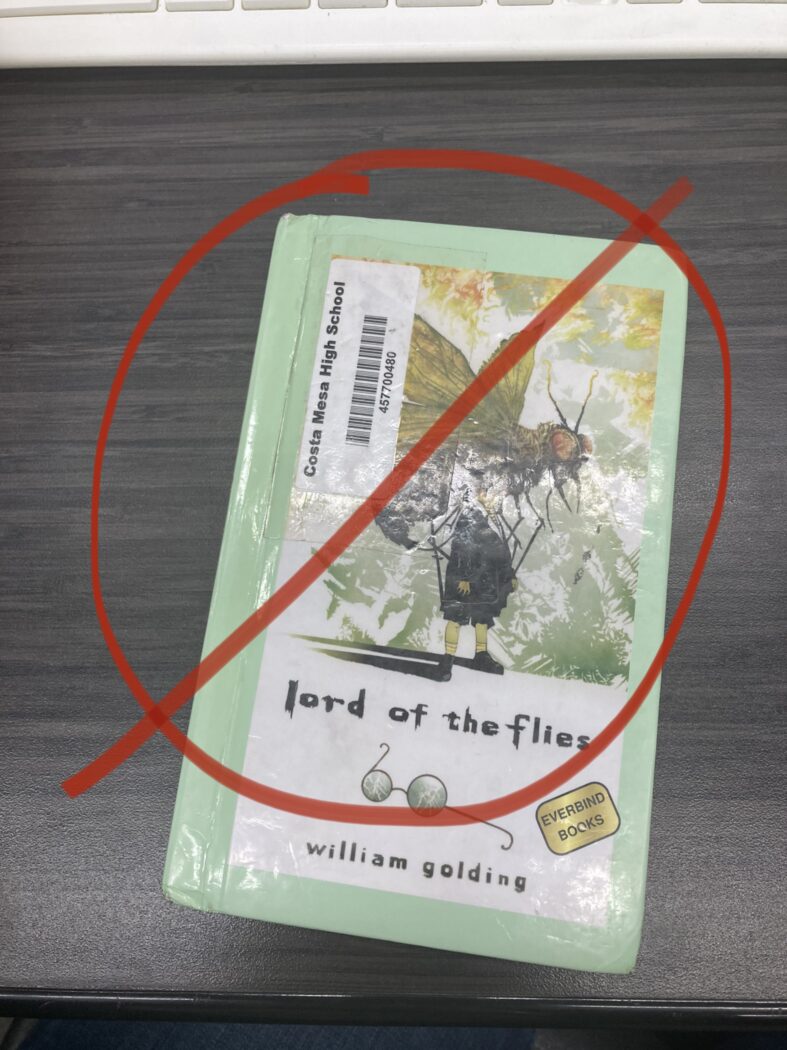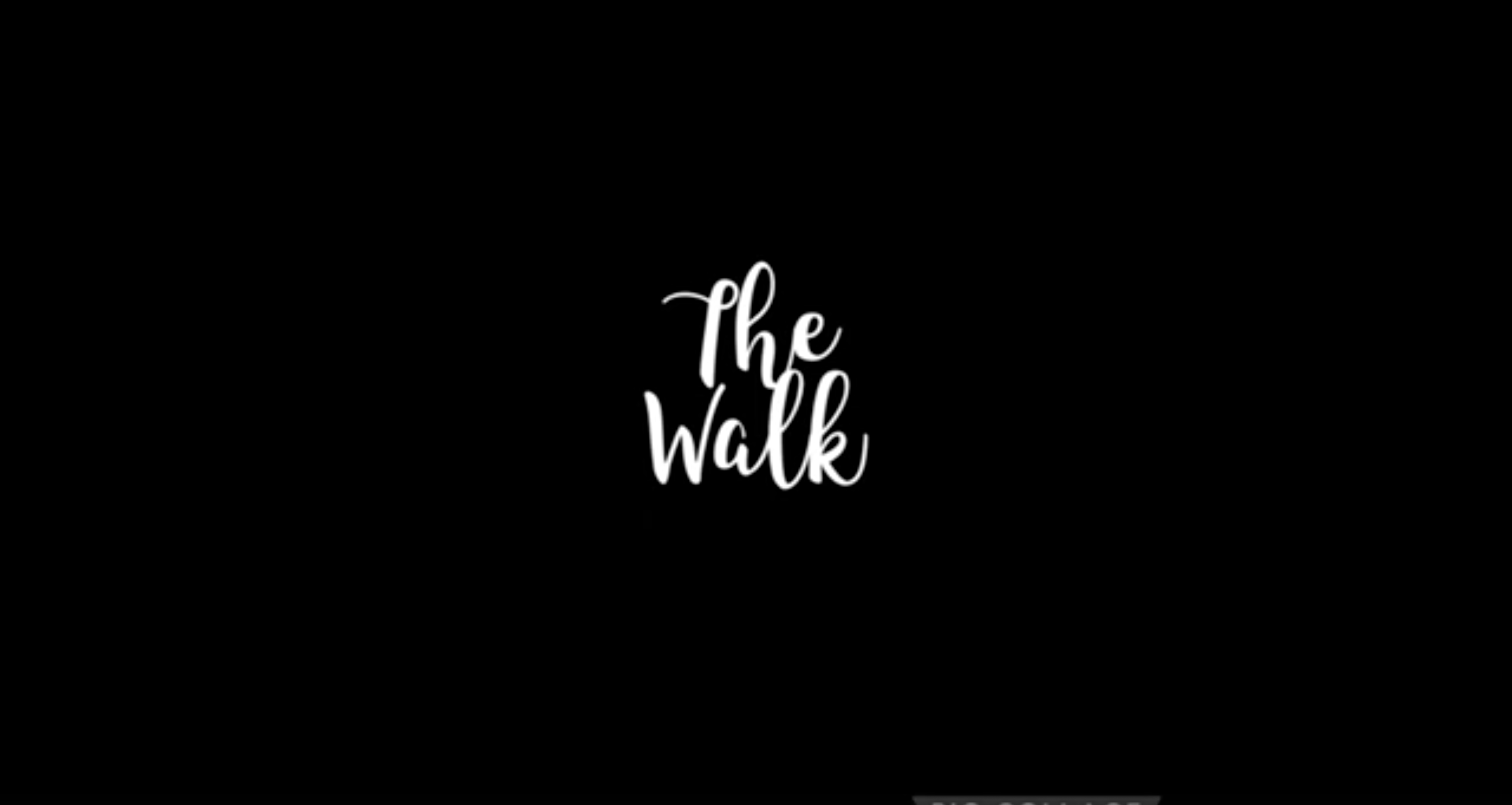Background of “Banned Books Week”
Banned Books Week started in 1982 by a library activist named Judith Krug following a time when several novels were being “challenged”.
Challenging a novel is the attempt to ban it due to reasons such as vulgar language/profanity, sexual content, racism, sexism, LGBTQIA+ content, or anything else that people may find “inappropriate” for schools, libraries, and book stores.
Banned Book Week this year was from September 18th-24th, and its purpose is to celebrate the freedom to read whatever you want and to raise awareness for those authors that are getting attacked for their writing.
Which Books are Being Challenged?
It is not yet announced what the top books are that are being challenged or banned for 2022, but here is a list of the top 10 most challenged books from 2021 from the American Library Association (ALA).
Gender Queer by Maia Kobabe
Lawn Boy by Jonathan Evison
All Boys Aren’t Blue by George M. Johnson
Out of Darkness by Ashley Hope Pere
The Hate U Give by Angie Thomas
The Absolutely True Diary of a Part-Time Indian by Sherman Alexie
Me and Earl and the Dying Girl by Jesse Andrews
The Bluest Eye by Toni Morrison
This Book is Gay by Juno Dawson
Beyond Magenta by Susan Kuklin
Some other novels that have been challenged several times are ones that 9th and 10th graders read as part of the curriculum here in Newport Mesa Unified School District and across the US. These include Of Mice and Men by John Steinbeck, To Kill a Mockingbird by Harper Lee, and The Lord of the Flies by William Golding.
These novels were challenged or even banned in some states for similar reasons including but not limited to the use of racial slurs/racism, vulgar language, and violence.
Despite these accusations, many schools, especially in California, still read and teach these novels.
Teacher Opinions on Book Banning
Mrs. Delzer, a 10th grade English teacher here at Costa Mesa High School does not believe in banning books.
“I think we are raising too much of a snowflake society (meaning things are too delicate) and that classic literature is just that, classic,” Mrs. Delzer explains.
“We need to provide students an opportunity to read these classics like LOTF [Lord of the Flies] and not just talk about the themes of brutality and profanity but look more closely at the concepts of survival, friendship and empathy. There are 100 ways to ‘teach’ a book so allow us the opportunity to continue to read and teach,” she says.
Similarly, Mrs. Kahawai, a 9th grade English teacher here at Mesa, does not believe in book banning.
“In general I do not believe books should be banned,” said Mrs. Kahawai. “Ideas are important, and it is dangerous when we as a society decide that there are some ‘good’ ideas and some ‘bad’ ideas. Who is to be the judge in this situation?”
“Instead of limiting ideas, why not encourage everyone to come to the table to engage with a variety of ideas and then offer opportunities for rich discussion and discourse? It seems that MORE ideas are better than the alternative,” said Mrs. Kahawai.
She further explains “All good literature has been challenged by someone at some point, because one of the qualities of excellent literature is its ability to make us uncomfortable by pushing us to recognize some of the serious flaws in humanity. If we limited the books we read in school to only those that have never faced a challenge, I fear that our students would miss out on the wonderful opportunities to develop empathy and understanding.”
So… Book Banning: Yes or No?
Most people, like Mrs. Delzer and Mrs. Kahawai, would probably agree that challenging and banning books is not a good idea.
As Neil Gaiman, an English writer, says in his essay Credo, “I believe that it is difficult to kill an idea, because ideas are invisible and contagious, and they move fast.”
Banning a book is an effort to protect society from unconventional ideas by completely erasing it.
However, by leaving these pieces of literature out and available for the public to read, it allows one to be educated about these topics and create their own opinions.



